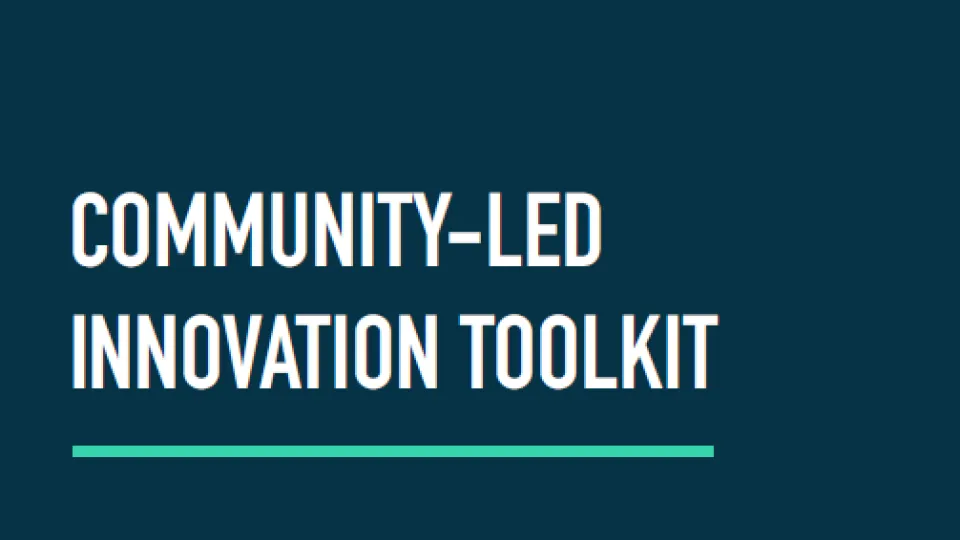
Community-Led Innovation Toolkit
This toolkit is a practical guide for organisations seeking to design and deliver community-led innovation programmes.

This toolkit is a practical guide for organisations seeking to design and deliver community-led innovation programmes.
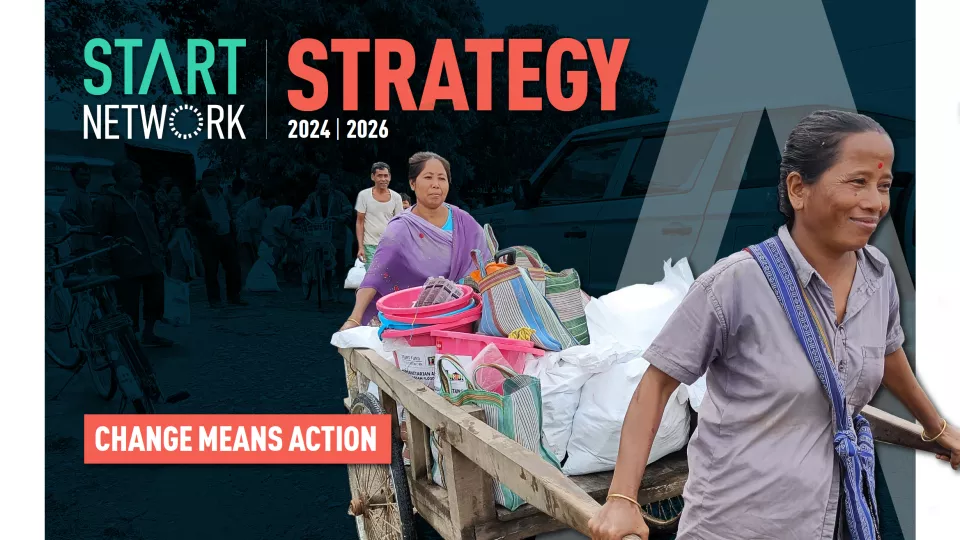
Change means action: Start Network's new 3-year strategy for 2024-2026 has just launched. It crystallises our value offer as a systems change organisation and sets out how we will address the challenges in the humanitarian sector.
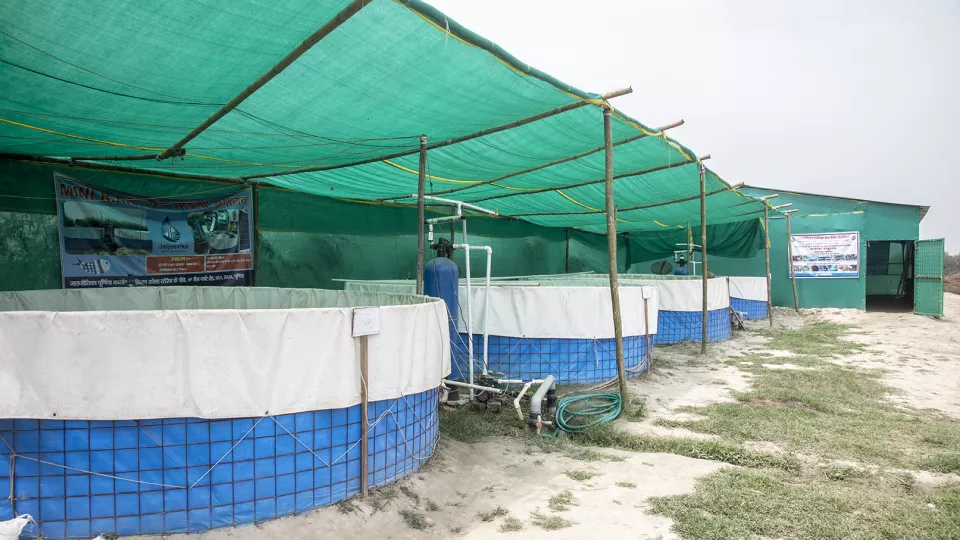
A locally led humanitarian system is only possible through innovating, experimenting and testing different ways of working.
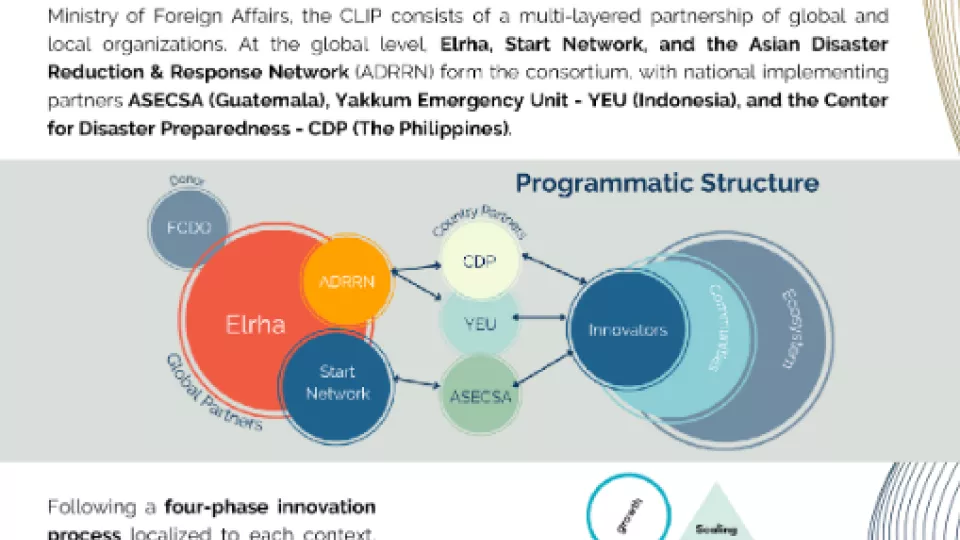
The Community-Led Innovation Partnership (CLIP) program supports the creation, scaling, or adoption of locally-driven solutions identified and designed by people affected by crises and is actively pushing to realize humanitarian responses that meet existing humanitarian needs in a dignified, sustainable, efficient, and effective way.
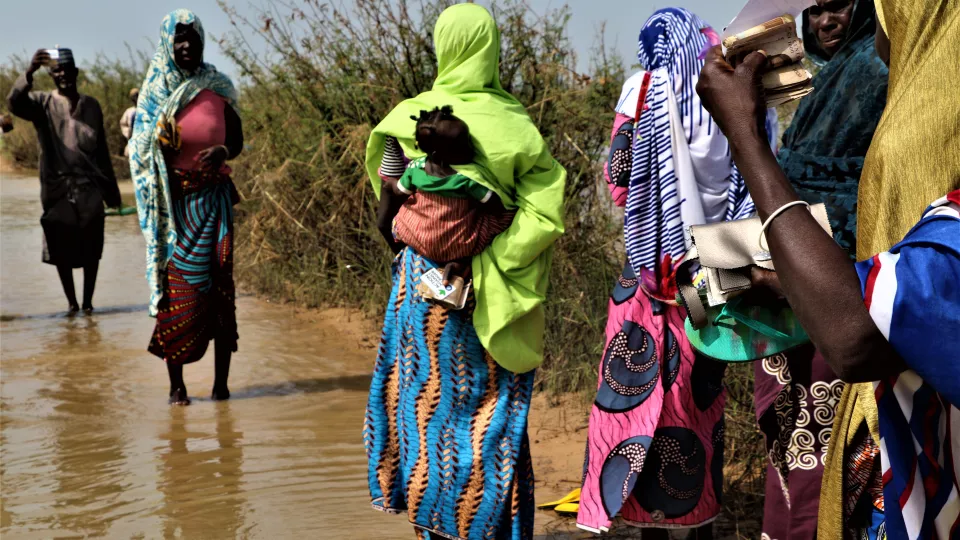
Currently endorsed definitions of accountability to affected people continue to reinforce and be reflective of realities in which humanitarian organisations and donors hold power over crisis affected people...
In October 2021, Complexity University in partnership with Start Network and The Global Fund for Community Foundations (GFCF) launched the first radical, action-focused innovation programme for community-led impact in the aid sector. The Crisis Response and Resilience Lab was a 2-week intensive action-learning programme, the first of its kind, aimed at supporting humanitarian practitioners to experience and learn a new way of working in response to complex humanitarian challenges. The Lab was an experiment in itself—an opportunity to create a place where different people could build new practices, relationships and learning, whilst experiencing a professional and personal journey taking them from business as usual towards a new, better, humanitarian system.

This learning brief looks at the key lessons from the inaugural round of Start Network’s Working Differently Challenge (WDC). It particularly explores lessons on how to support the collaboration of organisations to develop their emerging innovation ideas through different ways of working. The evidence draws from perception surveys gathered from the teams that took part in the challenge—CADENA, Islamic Relief, A Single Drop for Safer Water, Tearfund—and from learning captured through ongoing coaching and reflections.
With support from the Asian Disaster Reduction and Response Network (ADRRN), the Center for Disaster Preparedness will work with top community innovators in the Philippines to strengthen the disaster risk reduction (DRR) innovation system in the country through the Pinnovation Academy.
There is no shortage of problems in our modern world. COVID-19, climate change, migration, and increasing economic inequality are just some complex social challenges that we are facing. These challenges surpass our existing solutions toolkit, requiring us to stretch our creative muscles and innovate in order to keep up.
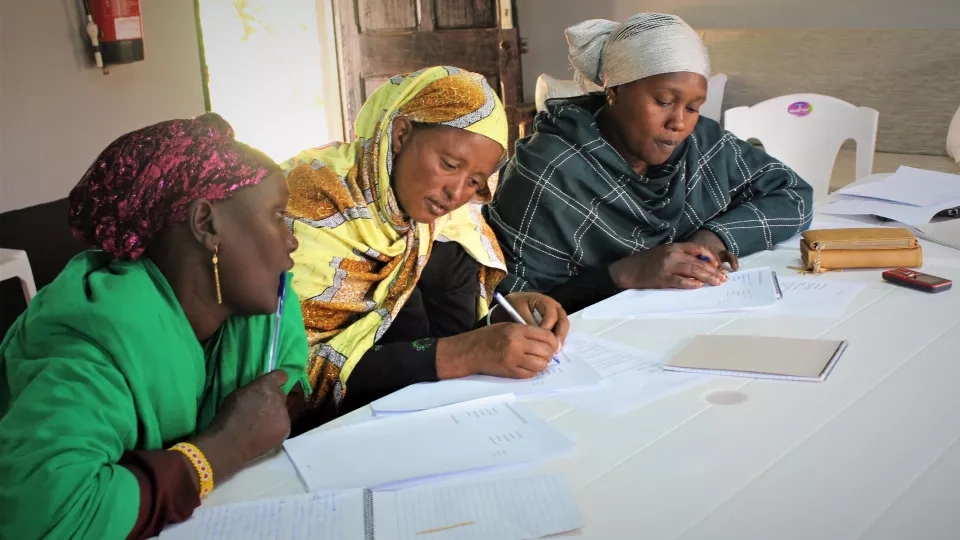
In 2020, as part of Start Network’s commitment to localisation and collective innovation, we embarked on a journey to develop innovative and locally-driven solutions that place communities affected by humanitarian crises at the forefront of humanitarian action. We have been working with Start Network hubs to start building community innovation initiatives in Guatemala and the DRC.